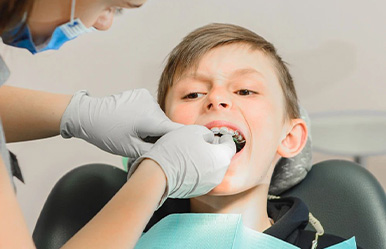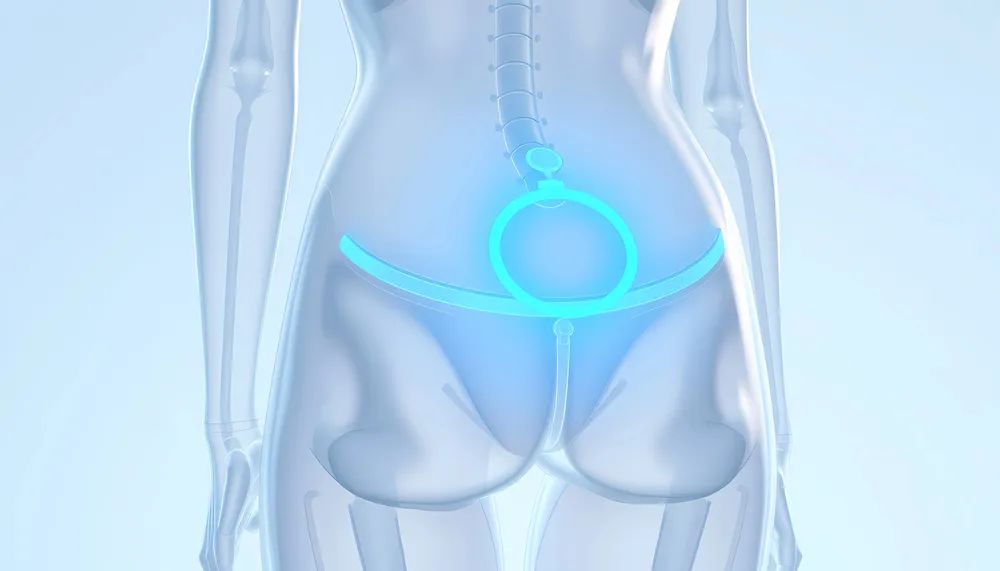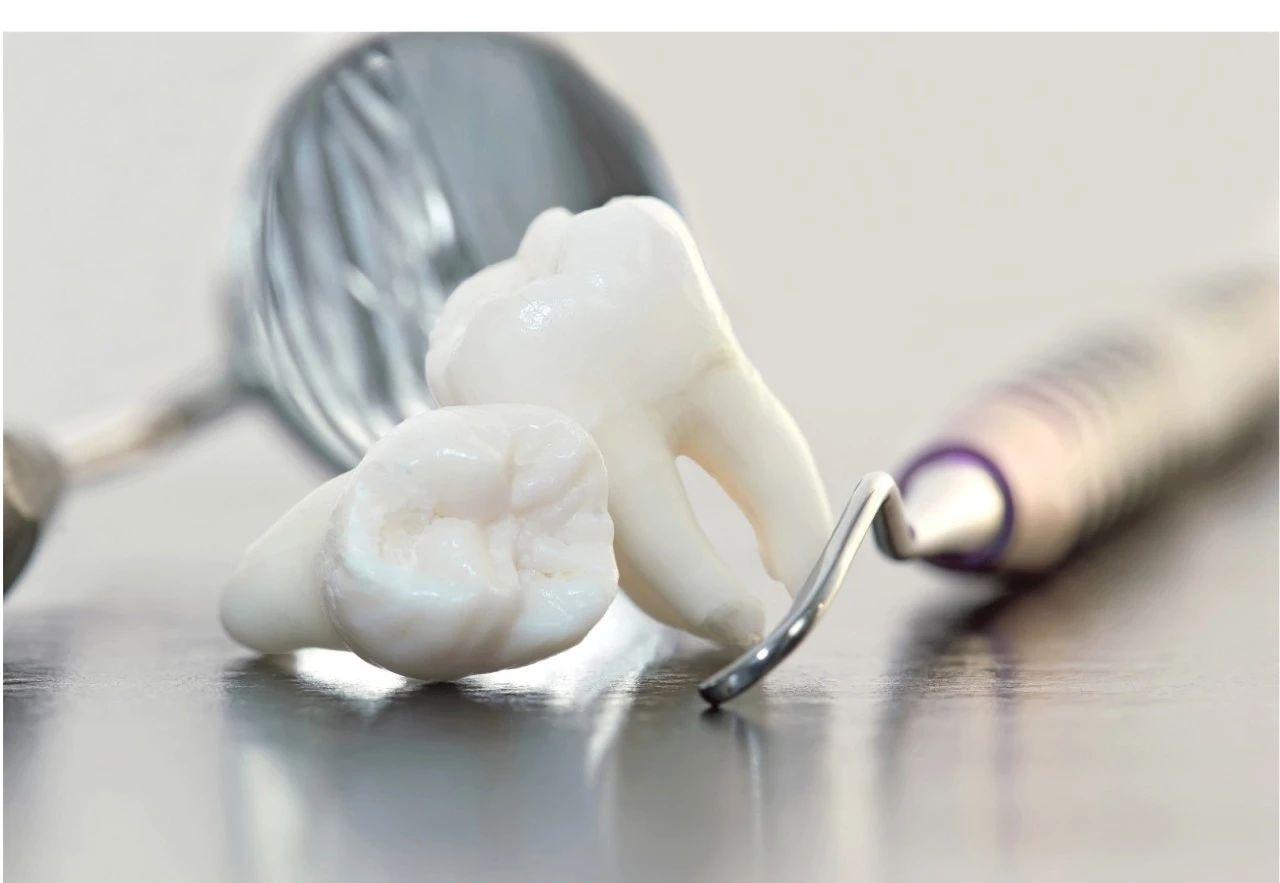Sleep Testing – Do I Have a Sleeping Disorder?
2020-11-04

If you feel like you are not getting good quality rest at night, and suspect you have a sleeping disorder, a sleep test is usually the first step to an accurate diagnosis.
Getting a good rest, every night, is essential for optimal health and well-being. Getting good quality sleep is important for healthy brain function, and can help improve your mood, physical and mental health, quality of life, and safety. Not having proper rest can lead to serious and potentially life-threatening consequences and accidents.
Many people do not get enough sleep for their bodies to function properly. Some may not be getting the rest they need due to their work, family, or social obligations. However, some may actually have an undiagnosed and untreated sleep disorder that hinders them from getting the rest they need.
What is good quality sleep?
Sleep quality refers to how well you sleep and integrates aspects of sleep initiation, sleep maintenance, sleep quantity and how refreshed you feel after waking.
Getting good quality sleep means that you usually fall asleep within 30 minutes, sleep throughout the night or at least 85% of the total time spent in bed, waking up no more than once a night and falling back to sleep within 20 minutes if you do wake up.
What are sleep disorders?
Sleep disorders are conditions that result in changes in the way you sleep. Sleep disorders can lead to sleep deprivation which affects your life negatively, such as increasing the risk of health problems or even your ability to drive safely.
Some signs that you may have a sleep disorder include:
• Excessive lethargy during the day
• Increased movement when asleep
• Irregular breathing while asleep
• Erratic sleep and wake cycles
• Difficulty falling asleep
Some of the most common kinds of sleeping disorders include:
Insomnia: Having difficulty falling asleep or staying asleep throughout the night
Sleep apnea: Abnormal breathing patterns while asleep where the upper airway becomes partially or fully blocked, interrupting regular breathing for periods of time
Restless leg syndrome: A type of sleep movement disorder characterized by feeling discomfort in the legs causing an urge to move them
Sleep paralysis: Waking up and being unable to move or speak even though you are fully alert
Narcolepsy: A brain disorder characterized by extreme daytime sleepiness and falling asleep suddenly
Parasomnia: Having abnormal behavior while sleeping such as nightmares, night terrors, sleep walking, and sleep talking
If you suspect that you have a sleep disorder, a sleep study or test is usually the first step to a diagnosis. Sleep tests are important to provide patients with a proper diagnosis so that they can start treatment to improve the quality of their lives.
What are sleep tests?
A sleep test is an overnight, non-invasive examination that allows doctors to monitor you as you sleep to determine what is happening in your brain and body. During the test, an electroencephalography (EEG) monitors activities in your brain to identify sleep cycles and disturbances. Your eye and body movements, breathing, heart rate and oxygen levels are also monitored.
Typically, this will happen in a sleep lab that is set up for overnight stays. A private, comfortable and dark room with its own bathroom will be prepared for you. Do bring the items you use for your normal bedtime routine with you, as well as your own sleeping clothes.
A technologist will place sensors or electrodes on your head, chest and limbs before you sleep – this may sound uncomfortable but most people fall asleep without much trouble. If you are worried about not being able to fall asleep under these conditions, you will be happy to know that a full night’s sleep is not a requirement to get the information needed.
How do you prepare for a sleep test?
Before a sleep test, you may be advised to:
• Wake up slightly earlier than usual
• Follow your normal routine as much as possible
• Avoid napping
• Abstain from food or drinks containing caffeine or alcohol
• Shower before the sleep test
• Avoid using lotions, gels, hairsprays, makeup or colognes as these may interfere with the electrodes
• Talk to your sleep technologist about the kinds of medications you are currently taking
Can I do sleep tests at home?
Some people may not be comfortable sleeping in a place that isn’t familiar to them. In such cases, they can opt for home testing instead. Home testing is a simplified version of what occurs in a sleep lab. While home testing may sound more appealing, it is actually more for people with a high chance of obstructive sleep apnea and do not have other kinds of sleep disorders.
For a home test, you will be briefed by a sleep technologist before getting a home kit with instructions on how to use it.
There are advantages in doing home tests, such as the comfort and convenience of being at home, and lower costs as home testing is a lot more affordable than doing it in a lab. However, there are disadvantages as well, and they include the amount of detail and the accuracy of the home test sensors, as well as the accuracy at detecting the types of sleeping disorders you may have. All this information is important to give a proper diagnosis of why you are not getting good quality sleep.
If you are not getting good quality rest at night, are feeling tired constantly throughout the daytime, or suspect you have a sleeping disorder, it is important to consult a doctor early. Your doctor will be able to advise you if a sleep test is necessary.
Copyright: HealthPlus an online health and wellness web resource developed by Parkway Singapore https://www.parkwayshenton.com/healthplus/article/sleep-testing-sleep-disorder
Reference:
DerSarkissian, C. (2018, July 30). Sleep Disorders & Problems: 10 Types and Causes of Each. Retrieved May 24, 2020, from https://www.webmd.com/sleep-disorders/understanding-sleep-problems-basics
How Does a Sleep Study Work? (n.d.). Retrieved May 24, 2020, from https://www.sleepfoundation.org/excessive-sleepiness/diagnosis/how-does-sleep-study-work
Khatri, M. (2019, November 5). How Much Sleep Do You Need? Signs and Effects of Sleep Deprivation. Retrieved May 24, 2020, from https://www.webmd.com/sleep-disorders/sleep-requirements
Nunez, K. (2020, February 10). Parasomnia (Sleep Disorder): Symptoms, Causes, Types, Treatment. Retrieved May 24, 2020, from https://www.healthline.com/health/parasomnia
Peters, B. (2019, December 13). The Most Common Types of Sleep Disorders. Retrieved May 24, 2020, from https://www.verywellhealth.com/overview-of-common-sleep-disorders-3014775
Peters, B. (2020, January 24). Frozen in Fear: Experiencing Sleep Paralysis. Retrieved May 24, 2020, from https://www.verywellhealth.com/what-is-sleep-paralysis-3014777
Pichardo, G. (2020, January 15). Parasomnias: Definition and Types. Retrieved May 24, 2020, from https://www.webmd.com/sleep-disorders/parasomnias
Polysomnography (sleep study). (2018, November 17). Retrieved May 24, 2020, from https://www.mayoclinic.org/tests-procedures/polysomnography/about/pac-20394877
Sleep Deprivation and Deficiency. (n.d.). Retrieved May 24, 2020, from https://www.nhlbi.nih.gov/health-topics/sleep-deprivation-and-deficiency
Sleep disorders. (2019, August 10). Retrieved May 24, 2020, from https://www.mayoclinic.org/diseases-conditions/sleep-disorders/symptoms-causes/syc-20354018
What is Good Quality Sleep? (n.d.). Retrieved May 24, 2020, from https://www.sleepfoundation.org/press-release/what-good-quality-sleep





























